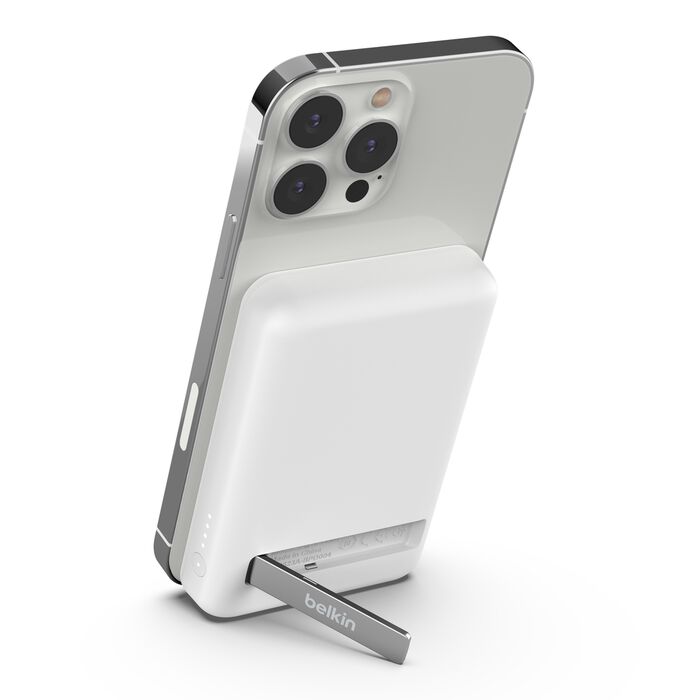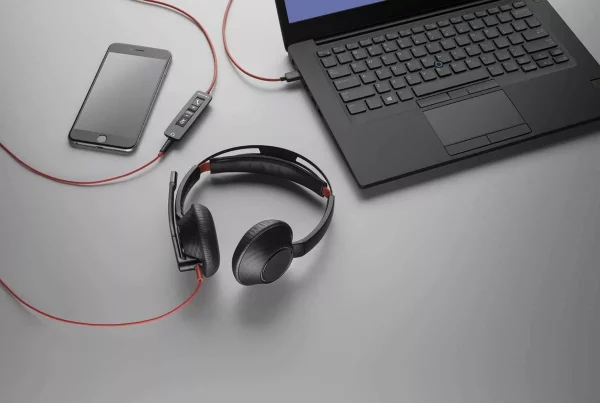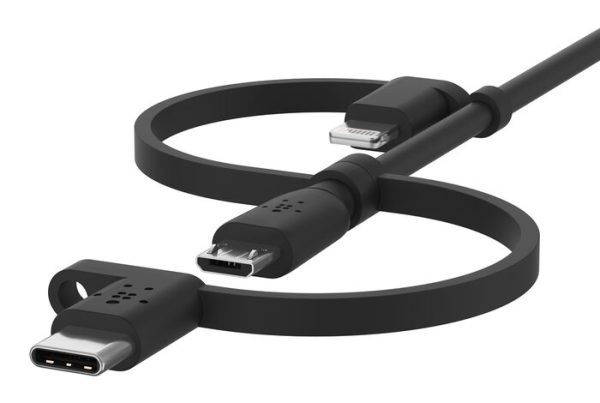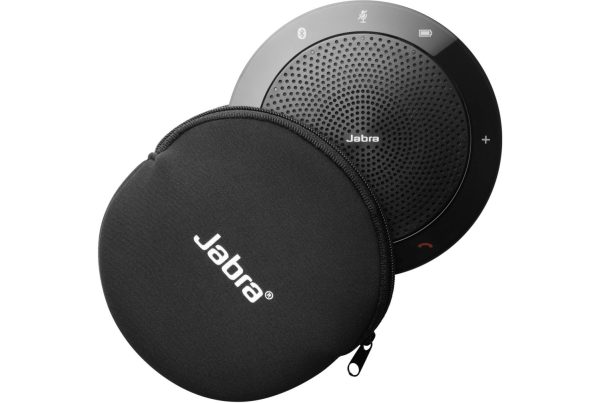Introduction
Wireless charging has become the norm—but then came magnetic charging, and now things get a little confusing. So, what’s the real difference between wireless and magnetic charging? If you’re trying to figure out which one’s better for your phone, faster for daily use, or just easier to handle, this guide is for you.
Let’s break it down in plain English—no complicated tech jargon, just a friendly comparison to help you decide what works best for you.
Table of Contents
- Introduction
- What Is Wireless Charging Technology?
- How Magnetic Charging Works
- Magnetic Charging vs Wireless Charging
- Qi Wireless Charging and Why It Matters
- Pros and Cons of Magnetic Chargers
- Wireless Charging Benefits You Should Know
- MagSafe vs Inductive Charging
- Best Wireless Charging Method for Your Lifestyle
- Fast Wireless Charging: Is It Worth It?
- Where to Buy Magnetic Wireless Chargers
- Conclusion
- FAQs
What Is Wireless Charging Technology?
Wireless charging is like magic—just place your phone on a charging pad, and it starts charging without plugging in a cable. But how does it work?
It uses electromagnetic fields to transfer energy from a charging pad to your phone’s battery. This method is also known as inductive charging, and it’s widely used in devices that support the Qi wireless charging standard.
Imagine pouring water from a jug into a glass, but without actually touching the glass. That’s kind of how wireless power transfer works.
How Magnetic Charging Works
Magnetic charging takes everything great about wireless charging and adds magnets to make it even better.
Here’s how it works: magnets help align your device perfectly with the charging coil. This perfect alignment means better efficiency and faster charging. It’s the same principle used in Apple’s MagSafe and other magnetic wireless chargers.
If you’re always adjusting your phone on a wireless pad to find that “sweet spot,” magnetic charging might be your new favorite thing.
Magnetic Charging vs Wireless Charging
Now to the real question: what’s the difference between wireless and magnetic charging?
Feature | Wireless Charging | Magnetic Charging |
Connection | No contact, uses coils | Same, but adds magnetic alignment |
Efficiency | Good, may need adjustment | Better alignment = faster charge |
Compatibility | Works with all Qi devices | Limited to magnetic-compatible |
Portability | Stationary | Great for on-the-go |
Magnetic chargers are essentially upgraded wireless chargers with smarter alignment.
Qi Wireless Charging and Why It Matters
The Qi (pronounced “chee”) standard is the universal language of wireless charging. It’s supported by major brands like Samsung, Apple, Google, and more.
If your device is Qi-compatible, you can charge it on nearly any wireless or magnetic charging pad—even a BELKIN MAGNETIC WIRELESS POWER BANK + KICK STAND, which combines both Qi support and magnetic ease.
Pros and Cons of Magnetic Chargers
Pros:
- Snaps into place—no misalignment
- Usually faster than standard wireless chargers
- Great for travel and use while walking
- Sleek and modern design
Cons:
- Limited to phones/cases with magnetic support
- Often more expensive than regular chargers
When weighing magnetic charger pros and cons, it really comes down to whether your device supports it and how much convenience matters to you.
Wireless Charging Benefits You Should Know
Even without magnets, wireless charging technology still offers great perks:
- No cables to plug in every time
- Less wear and tear on charging ports
- Cleaner setup on desks or nightstands
- Universal compatibility (if Qi is supported)
Plus, it just feels futuristic—place and go. That’s the beauty of wireless charging benefits.
MagSafe vs Inductive Charging
Apple’s MagSafe system takes inductive charging to the next level. It uses a ring of magnets to ensure perfect coil alignment, which means more stable and consistent charging.
When comparing magnetic vs inductive charging, MagSafe is more reliable but less universal—it mainly works with iPhones and MagSafe accessories.
Best Wireless Charging Method for Your Lifestyle
So, which is the best wireless charging method?
- Go magnetic if you want fast, fuss-free charging with easy alignment
- Go regular wireless if you value broader compatibility and don’t mind adjusting the position occasionally
If you’re out and about often, consider a portable solution like the BELKIN MAGNETIC WIRELESS POWER BANK + KICK STAND, which combines wireless, magnetic, and mobile charging.
Fast Wireless Charging: Is It Worth It?
Definitely. Fast wireless charging speeds up your charging sessions—no more waiting for hours.
To get it:
- Your phone must support fast wireless charging
- The charger must deliver the right wattage (usually 10W or more)
- Use a power adapter with the correct output
This is especially helpful when you’re in a rush or topping up on the go.
Where to Buy Magnetic Wireless Chargers
Looking to try one out? You can shop BELKIN MAGNETIC WIRELESS POWER BANK + KICK STAND right now on Promallshop. It’s Qi-compatible, has a built-in kickstand, and works perfectly for phones that support magnetic alignment.
Also, don’t miss helpful posts on wireless charging over on the Promallshop Blog—your go-to place for reviews, comparisons, and product tips.
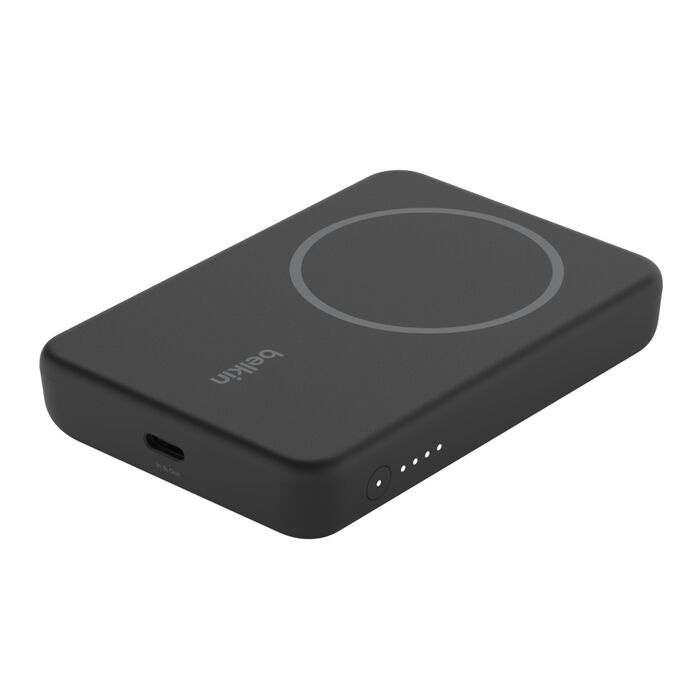
Conclusion
When it comes to the difference between wireless and magnetic charging, here’s the bottom line:
- Wireless charging is universal and easy to use
- Magnetic charging improves on it with faster, more accurate positioning
- Your choice depends on your device and how you use it
Both are convenient, modern, and better than dealing with tangled cords. But if you want to step up your charging game, magnetic might just win you over.
FAQs
Magnetic charging uses magnets to align the device for better efficiency, while standard wireless charging does not.
No, your phone needs to support magnetic charging or use a magnetic-compatible case.
They can be, thanks to better coil alignment, which improves power transfer.
Yes, it follows safety standards and has built-in protection against overheating and overcharging.
A compact solution like the BELKIN MAGNETIC WIRELESS POWER BANK + KICK STAND is ideal for portability and quick top-ups.


